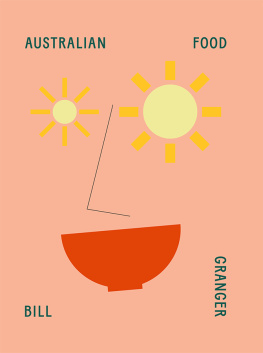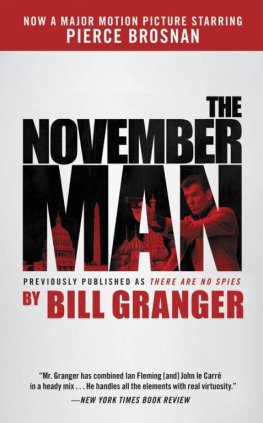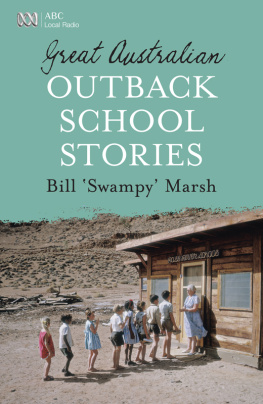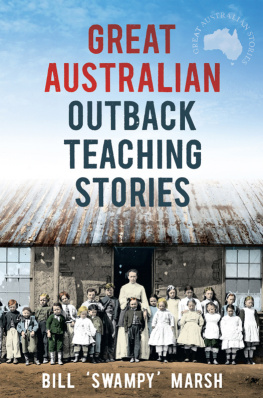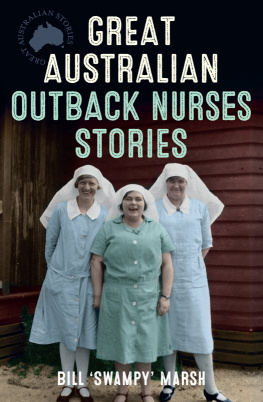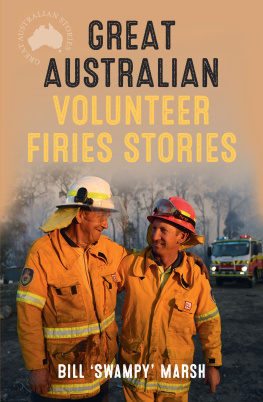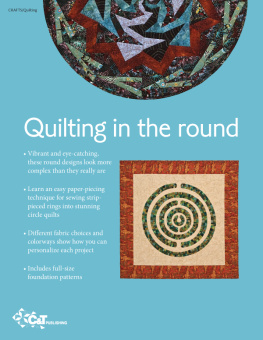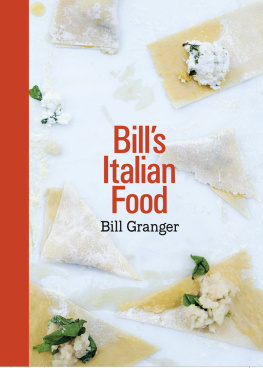Bill Granger - Australian Food
Here you can read online Bill Granger - Australian Food full text of the book (entire story) in english for free. Download pdf and epub, get meaning, cover and reviews about this ebook. year: 2020, publisher: Allen & Unwin, genre: Home and family. Description of the work, (preface) as well as reviews are available. Best literature library LitArk.com created for fans of good reading and offers a wide selection of genres:
Romance novel
Science fiction
Adventure
Detective
Science
History
Home and family
Prose
Art
Politics
Computer
Non-fiction
Religion
Business
Children
Humor
Choose a favorite category and find really read worthwhile books. Enjoy immersion in the world of imagination, feel the emotions of the characters or learn something new for yourself, make an fascinating discovery.
- Book:Australian Food
- Author:
- Publisher:Allen & Unwin
- Genre:
- Year:2020
- Rating:3 / 5
- Favourites:Add to favourites
- Your mark:
- 60
- 1
- 2
- 3
- 4
- 5
Australian Food: summary, description and annotation
We offer to read an annotation, description, summary or preface (depends on what the author of the book "Australian Food" wrote himself). If you haven't found the necessary information about the book — write in the comments, we will try to find it.
Australian Food — read online for free the complete book (whole text) full work
Below is the text of the book, divided by pages. System saving the place of the last page read, allows you to conveniently read the book "Australian Food" online for free, without having to search again every time where you left off. Put a bookmark, and you can go to the page where you finished reading at any time.
Font size:
Interval:
Bookmark:

The plates at any of Bills restaurants are more sophisticated today, reflecting decades of global experience and culinary creativity but the warmth of atmosphere and joy of eating remain the same.


Her name might not be above the door, but the door would never open without her. I would like to pay my respects to the Gadigal people of the Eora Nation, the traditional custodians of the land on which our Sydney restaurants stand. Contents Every city has one caf that becomes the poster child for its inner spirit, and for Sydney, it is bills. Bill had a way of synthesising market produce + eggs + sunshine + freshness into something you didnt know you wanted, but you wanted it bad. Somehow, Bill takes the sunshine with him.
The key to Bills global success is that he changes constantly, and yet has never changed. The principles remain the same take something people love to eat, and make it fresher, lighter, more beautiful. Its irresistible. Its the sort of food you eat when youre on holidays, and yet you can eat it every day. Terry Durack, 2009 Sliding Doors theory in one universe you turn left; in another you hook right. If the theory is true, a world exists where a 23-year-old Bill Granger stays in art school and never opens a caf in a remodelled Darlinghurst pub.
What a grey world to live in. A universe, potentially, without communal restaurant tables and avocado toast. One in which Grangers ricotta hotcakes dont become Sydneys most iconic dish and the self-taught cook never perfects his recipe for golden, curdy scrambled eggs. Brunch never takes off as A Thing and corn fritters dont become a corpse-reviving constant of every suburban caf. Thank heavens that in our universe Granger is better with pans than paints. Callan Boys, The Sydney Morning Herald , 2019 Such defiantly unpretentious food made bills feel like an extension of home and launched a whole new culture of eating in Australia his uniquely Aussie take on informal dining has been oft-imitated and exported around the globe.
David Prior, Cond Nast Traveler , 2016 Bill Granger [is] the restaurateur who is most responsible for the Australian cafs global reach. Amelia Lester, The New Yorker , 2018 New Yorkers have taken to the modern breakfasts served at the citys rapidly multiplying Australian cafs Mr. Granger had no intention of reinventing the image of Australian food as seen from abroad, but he did. Julia Moskin, The New York Times , 2018 The avocado-on-toast mania can be traced back to one man:
Bill Granger, who began serving the now staple brunch dish in 1993. Milanda Rout, The Australian WISH magazine, 2018 You may consider your own scramble the paragon. Or your mothers.
Or Julia Childs or Michel Gurards, served in an eggshell with a jaunty black cap of beluga. Fair enough. But believe me, I would stack Mr. Grangers up against all comers, fully confident that they would hold their own. RW Apple Jnr, The New York Times , 2002 Among Grangers greatest offerings is his reinterpretation of what breakfast should be in a country where breakfast has, until relatively recently, meant a full English, with sausage and bacon and eggs, plus mediocre coffee. Hannah Goldfield, T Magazine , 2015 Renowned as the King of breakfast, Granger has always been ahead of the game in terms of food trends.
Today, he is celebrated for having brought relaxed, joyful food with a sunny twist to Britain. Francesca Ryan, The Telegraph Magazine , 2016

Another? Apparently, this guy knows everything there is to know about Australian food. Hes got tickets on himself. What even is Australian food? Healthy, hip and possibly with a smashed avocado on top? It is true that since I opened bills Darlinghurst in Sydney in 1993, a joyfully casual sort of Australian food has backpacked its way across the world, being welcomed wherever and bringing a touch of Sydney sunshine to restaurant countertops from New York to Tokyo, Rome to Seoul. This adoration all feels very new Australia was long an underdog in global culinary rankings. When I was growing up, we went quietly unnoticed beyond our sandstone shores and isolating oceans. I imagine for anyone outside Australia who bothered to think about it, our cooking was generally considered to be like British food only worse.
However, because of some lucky stars and gratifying quirks of fate, the world seems to have embraced the Aussie way of eating and fallen in love with the all-day caf. The word that gets used most is sunny. I love that, but Im not about to get any tickets on myself. I have always believed Australia serves the sort of food that brings people together over coffee, over communal tables, over all-day menus and makes us all feel good. And I dont think its just the food its the way we eat and serve it. Theres always been a casualness about Australian eating.
Weve never dressed for dinner (most of us barely ever use a tablecloth). The majority of us are sprinkled in towns and cities around the coast of this great wide land, our climate means we get to eat outside a lot of the time, and we dont need to be wealthy to enjoy a family picnic by the beach or a barbecue in a park with friends. Other than our First Nations peoples, who have their own unique relationship with this land and the traditional food it offers them, we are a population of immigrants who sailed over or blew in from many countries over the past couple of centuries. Australia is often described as a melting pot which is a glorious culinary term. One in four of us was born overseas; around half have at least one parent from overseas. Sport might be Australias god, but food is our means of inclusivity.
Font size:
Interval:
Bookmark:
Similar books «Australian Food»
Look at similar books to Australian Food. We have selected literature similar in name and meaning in the hope of providing readers with more options to find new, interesting, not yet read works.
Discussion, reviews of the book Australian Food and just readers' own opinions. Leave your comments, write what you think about the work, its meaning or the main characters. Specify what exactly you liked and what you didn't like, and why you think so.

